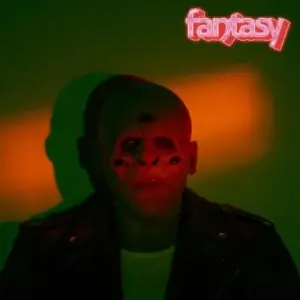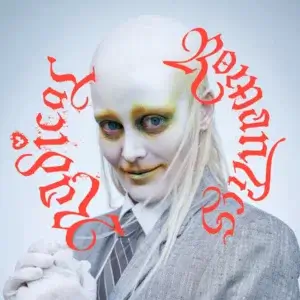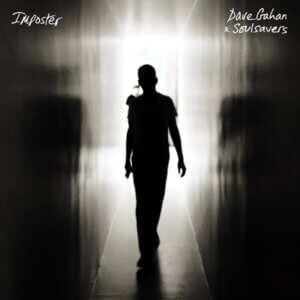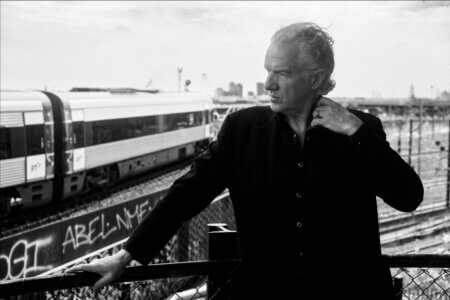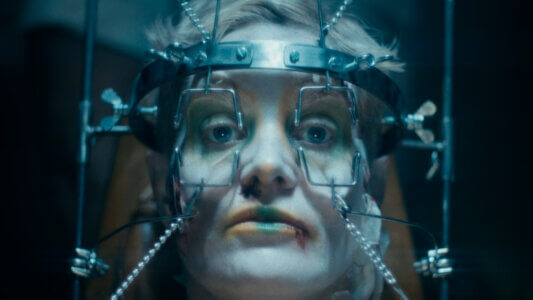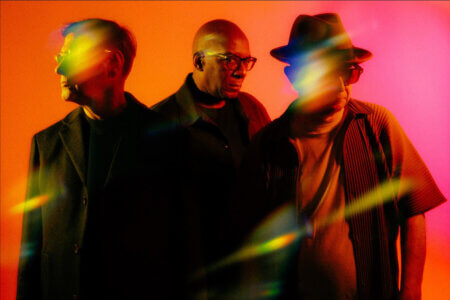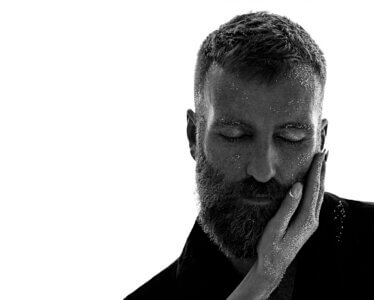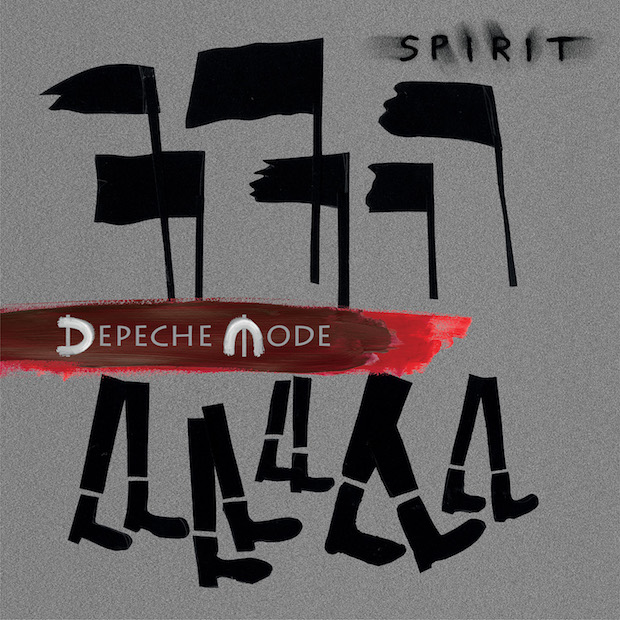
6.5
Spirit
Depeche Mode
The promo run behind legendary electro-pop brood unit Depeche Mode’s Spirit, their fourteenth full-length release since forming in 1980, took a bizarre turn last month when U.S. political extremist and viral punching bag Richard Spencer branded the trio “the official band of the alt-right.” This, unsurprisingly, wasn’t met positively by the group. An interview with frontman David Gahan had him noting: “What’s dangerous about someone like Richard Spencer is, first of all, he’s a cunt — and he’s a very educated cunt, and that’s the scariest kind of all.” Considering the album sessions were wrapped long before the unfortunate shout-out, Depeche Mode don’t offer a specific musical rebuttal to Spencer’s hard right, racist viewpoints, but Spirit does offer a pointed look at a deflating world. As Gahan sums up on opening number “Going Backwards”: “we have not evolved.”
As with many of Depeche Mode’s albums, its strung together by a number of bleak but beautiful tracks that gel via twisting synth sonics, Martin Gore’s minimal effective guitar work, and Gahan’s rolling, baritone vibrato. While moody as ever, Depeche Mode add plenty of political punch to the proceedings this time around.
The aforementioned “Going Backwards” packages the band’s electro-spiked doom blues with a bitter consternation that we’re rolling back progress. With allusions to drone-driven war causalities, it juxtaposes rapidly developing new technologies with a dulled “cavemen mentality.” “Where’s the Revolution?” is a spidery crawl that looks at grand-scale scare tactics, and wonders how religion and government continue to keep the proles down. Above a sinister swing-style beat and a frigid slip of slide guitar, Gahan wants the abused to rise up. “Where’s the revolution? Come on, people, you’re letting me down.”
Despite its efforts to empower, Spirit is chock full of gloomy, downer moments. “The Worst Crime” is a post-apocalyptic gospel confessional that suggests we’re out of time. “Poorman,” one of the album’s weakest offerings, targets trickle-down economics by lambasting the corporations that “get the breaks.” While charged, Gahan’s rhyme scheme runs overly simplistic when he sings of walking a road with a “heavy load” towards no “fixed abode.”
Darting off into a dancehall clap, “Scum” is a damning piece where Gahan’s distortion-fried vocal goes off on the hollow and selfish ones that can’t even offer “crumbs” to the needy; it gets especially intense once he suggests the already-dead-inside just “pull the trigger.” The uneasy, maximal twitchiness doesn’t quite work for Depeche Mode, but it’s one of the band’s most out-there and angry tracks.
The most extreme moments are balanced with darkly melancholic pieces like “Cover Me,” a soundscape of cyan synths and weary musings. “I dreamt of us in another life, one we’ve never reached,” Gahan sighs, the singer suffocating in sadness. “Eternal” is another affecting piece, a gothic patchwork of digital squeezebox that delivers verbal imagery of black clouds on the horizon. “Poison Heart” ups the volume, locking into the band’s post-“Personal Jesus”-style bluesiness.
Switching things up, Martin Gore takes the lead on album finale, “Fail,” though he’s just as bleak as Gahan. The songwriter wags a finger at how we’ve let our standards sink so low, lets it known that “we’re fucked” in our current state, and that “it’s futile to even start hoping.” It’s a defeated beat to close Spirit on, especially considering how just a few songs earlier Depeche Mode were looking for a revolution. It’s as if they’re ghosting before it got the chance to start.
– review by Gregory Adams
Latest Reviews
Tracks
Related Albums
Related News
Advertisement
Looking for something new to listen to?
Sign up to our all-new newsletter for top-notch reviews, news, videos and playlists.





